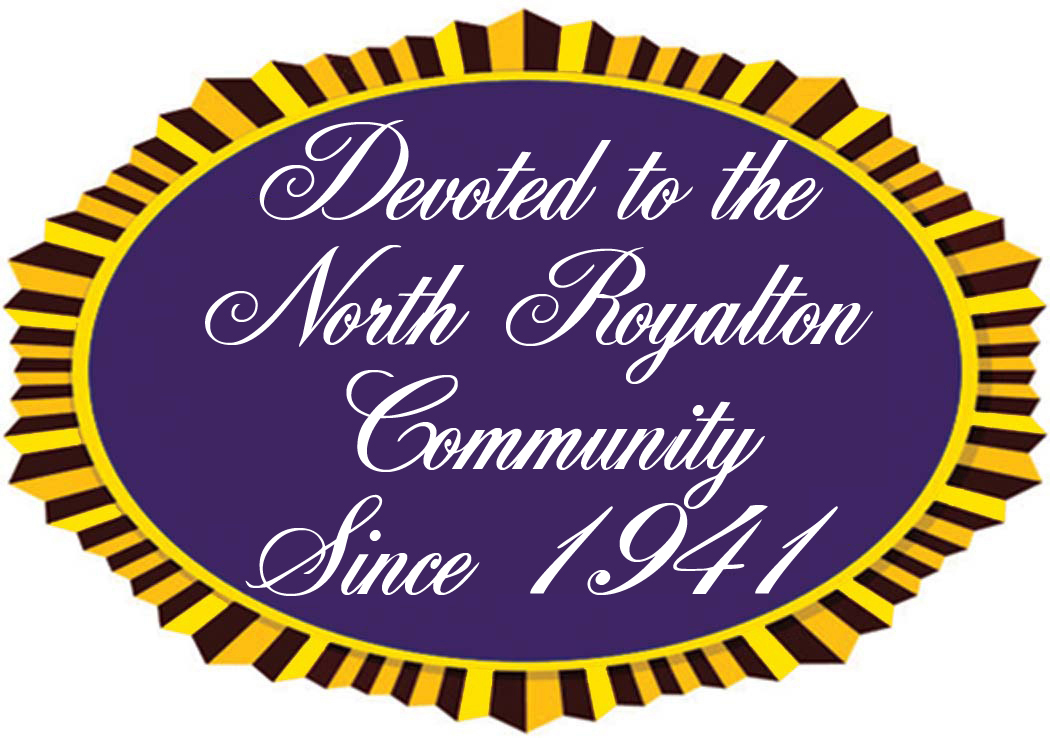After Police Chief Ken Bilinovich gave City Council an update on the 2019 deer season statistics at the January meeting of the Council Safety Committee, Ward 4 Councilman Jeremy Dietrich stated that he thought the cost of the hunting permit should be reduced. “They are doing a favor for the city,” he noted, regarding the reduction of the deer population.
At that point, Ward 5 Councilman Vince Weimer requested that Bilinovich give Council the cost of the program, so a discussion regarding the fee could take place. Currently, there is a registration fee of $150, as well as the cost of obtaining an archery proficiency certification. In addition, the homeowner/renter must carry an insurance policy indicating personal liability insurance coverage of at least $100,000.
Before Bilinovich could give that information, the Safety Committee drew up two pieces of legislation. The first piece of legislation amends the current ordinance, which requires a yearly certification, changing it to every four years from the date of filing Deer Damage Control Permits. The second piece of legislation would change the fee to $30 for North Royalton residents; $50 for non-residents and free for both residents and non-residents that are honorably discharged veterans, national guard, reservists and active-duty members of the U.S. Armed Forces, Public Safety Officers, or First Responders. Both pieces of legislation were placed on the City Council Safety Committee meeting agenda, as well as the City Council meeting agenda for February 18. On the legislation, Ward 3 Councilman Dan Langshaw noted that the Safety Committee wanted to “make this a very effective program. This will make it more affordable for our residents.”
At the Safety Committee meeting, which took place before the Council meeting, Bilinovich said that it costs the Police Department $55 in overtime every time the officer goes to inspect for a Deer Control Permit. In addition, there were other costs involved, including the cost of his secretary reviewing the information needed to issue the permits. He said that he felt that a flat rate was something that he would recommend, as it would take even more time to allow for the confirmation of those seeking the no-fee option. In addition, he questioned whether the city would be willing to subsidize the additional amount needed for the officers to inspect for the permits, since the $30 proposed would not cover the cost of those inspections. “It should, at least, pay for itself,” he noted.
Mayor Larry Antoskiewicz did not approve of the cost or the zero fee. “I won’t live with $30 or $50. If you pass it like it is right now, I will probably veto it,” he said. “I think there is a lot of flaws in this legislation.” Ward 4 Councilman and Safety Committee member Jeremy Dietrich said that the changes proposed were thought to “keep the amount of deer hunted up.” Ward 6 Councilman and Safety Committee member Michael Wos noted that before the hunting program started, the deer vs. car crashes were over 200. Last year, the amount was down to 57. Ward 2 Council Linda Barath also noted that the overall reduction in the deer population also gave the benefit of less destruction of residents’ landscaping.
North Royalton Law Director, Tom Kelly gave Council a history of how the deer program came into being. He noted that it was a collaborative effort between North Royalton and several local communities, as “deer know no boundaries.” He said that the legislation was drawn up collaboratively, in order to provide hunters with a comprehensive set of laws that would flow between those communities. “Initially, except for the pricing, all were the same,” he noted. He recommended to Council that they keep to the original legislation as much as possible, in order to continue that collaboration between communities.
Ward 5 Councilman Vince Weimer noted that since there did not seem to be a consensus of thought at that point, he would not feel comfortable passing legislation that evening. Council President Paul Marnecheck noted that there was time before the next round of permits were to be sought and suggested that more information be discussed. After more discussion, the no-fee legislation was agreed to be dropped and the sponsorship for that legislation was withdrawn. The cost of the fees are still in play. The second piece of legislation was placed on second reading for further discussion.
By GLORIA PLEVA KACIK
Contributing Writer
New Council discusses changes to Deer Legislation
Royalton Recorder New Council discusses changes to Deer LegislationFeb 25, 2020














